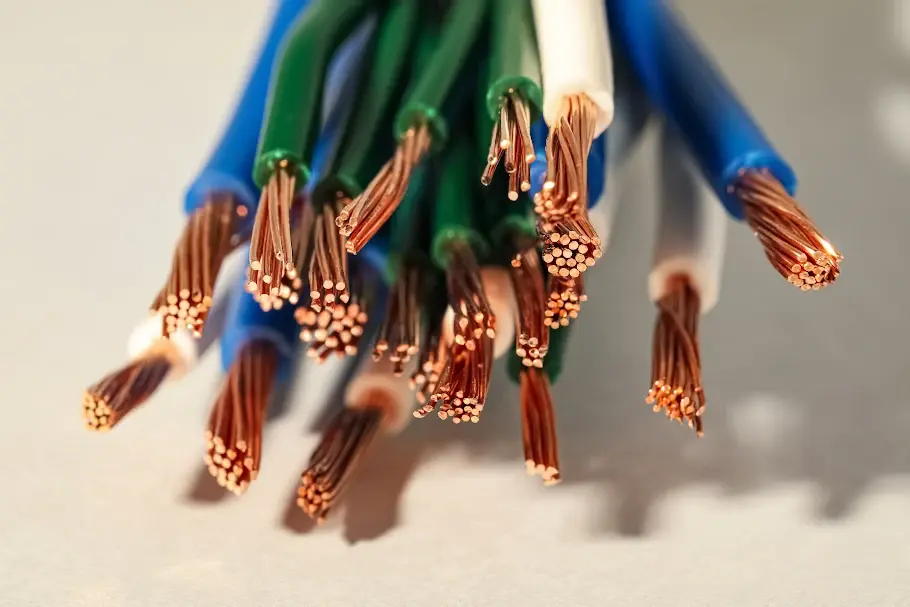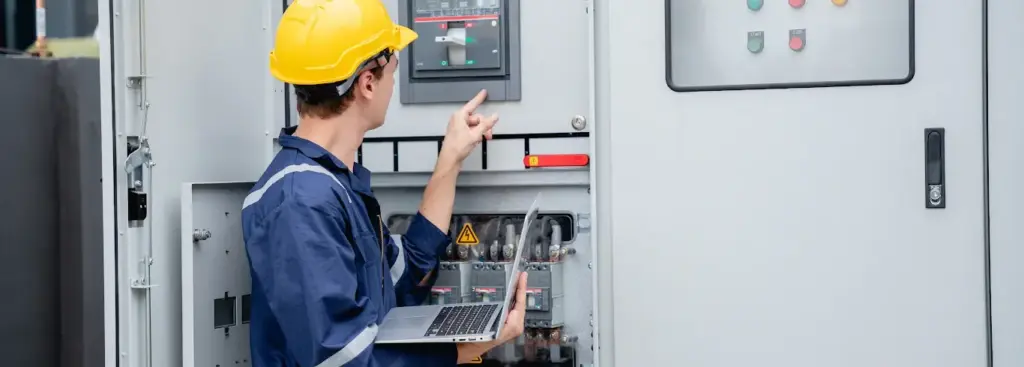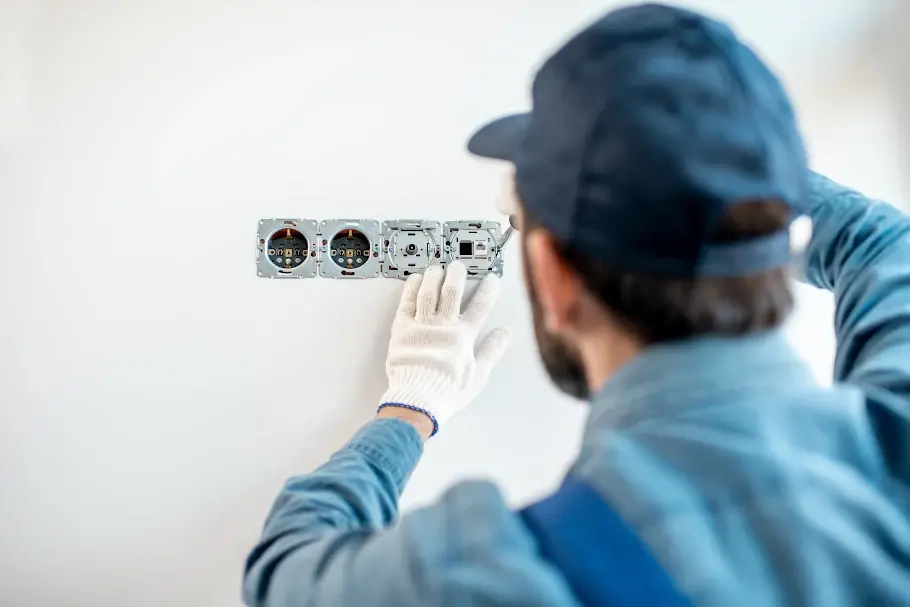When someone has been relying on a generator for an extended period, they may notice signs of trouble, such as overheating or not starting up. Such situations call for a generator-related service. However, knowing exactly who to call for either repairs or replacement can be difficult without understanding the differences between these two processes. This is why our team at Laurelton Electric has created this guide to help you choose the best solution for your generator.
Signs You Need To Call A Generator Service Pro
Whether it is about hiring a pro for replacement or calling a technician for repairs, knowing about the signs that indicate you need either of these services is essential. To ensure your daily life operations continue seamlessly without disruption, we have created a list of the top indicators for calling a generator service professional, which you cannot ignore.
| Common Issues | Warning Signs |
| Low fuel | Weird noises (rattling or knocking) |
| Dead batteries | Frequent power surges |
| Leaking coolant | Fuel leakage |
| Fault in the spark plugs | Corrosion, cracks, or dents |
| Clogged air filter | Loose connections or worn-out parts |
Choosing Between Generator Repair Vs Replacement: 9 Expert Tips
With a malfunction, your daily life functioning can be highly affected. Still, the right decision between choosing repair or replacement can be crucial not just for efficiency but also for your budget. While the best solution is to get a thorough inspection done from a service pro, there are some tips to help you when you can’t hire an expert.
Let’s look at 9 expert tips that professionals suggest when deciding between repair and replacement:
1. Lifespan of the Generator
The first and most important thing that you need to consider is how old it is. If it has already lived through its predetermined lifespan, then replacing it would be more cost-effective than spending money on repairs.
2. Extent of Damage
The severity of the damage caused to your generator is also important when deciding between repair and replacement. While extensive problems deem replacement as more budget-friendly, minor problems can easily be fixed by spending some money on repairs.
3. Service Costs
An initial cost analysis can make this decision very easy for you. If the price for getting a new is much less than the price for getting its huge issues resolved, then you should go with a replacement.
4. Generator’s Health
A closer look at the condition of your unit is also a great way to assess how well its key components, like the fuel system, engine, and electrical parts, are working. This helps determine the lifespan of the unit after the repair.
5. Accessibility of Parts
If your generator unit is of a very old and outdated model, it may be hard to acquire replacement parts to fix it. Furthermore, with a limited availability of the needed parts, your unit will be prone to longer downtimes and much higher repair costs.
6. Frequency of Problems
Replacement is always a much better solution when your unit needs constant maintenance every few weeks. The higher the number of breakdowns, the more you will have to spend on maintenance. This makes replacement a much more cost-effective solution in the long run.
7. Functionality of the Generator
If your property needs the generator to turn back on immediately due to hindered flow of daily operations, then replacing it is a much better choice. This is because repairs can often take days to happen, and not all facilities can function for such long periods with inactivity.
8. Energy Efficiency
Whether you’re looking for long-term cost savings on maintenance or fuel, upgrading may be the best choice because newer generator models tend to offer much improved energy efficiency as compared to older models.
9. Standard Compliance
One of the most important factors concerning the safety and legality of your system is to make sure your generator unit complies with the latest safety standards and environmental regulations. If your old generator guarantees adherence, then it is fine, but if it doesn’t, then replacement is the wise choice.
Conclusion
Not knowing whether to repair your old generator or replace it with a newer, more advanced model is completely normal, as many homeowners face this dilemma. But with a guide on the signs that indicate repair or replacement and expert tips for choosing between the two, we can make this decision easier for you. This will help you make an informed choice that is both cost-effective and efficient the next time your system breaks down.
FAQs
Q1: What is the most common problem with generators?
A battery malfunction or failure is the most common problem with generators.
Q2: What is the lifespan of a home generator?
Home generators can live up to 25–40 years with proper maintenance.
Q3: Is it worth repairing a generator?
Yes, if the repair costs are reasonable and the unit isn’t too old, repairing makes sense.
Q4: How do I know if my generator needs replacement instead of repair?
If your generator is over 15 years old, frequently breaks down, or repairs cost more than 50% of a new unit, replacement is the smarter choice.
Q5: How often should a generator be serviced?
It should be serviced at least once a year, or after every 200 hours of use, to ensure reliability during power outages.


